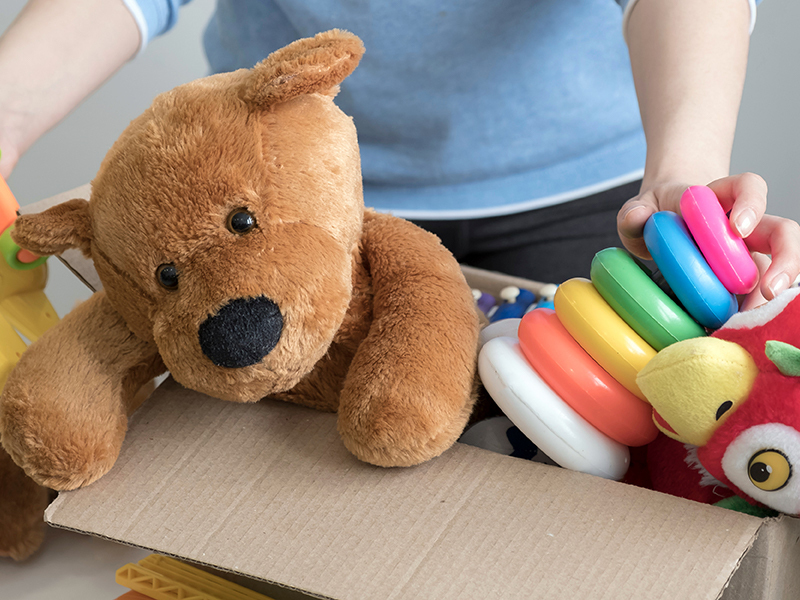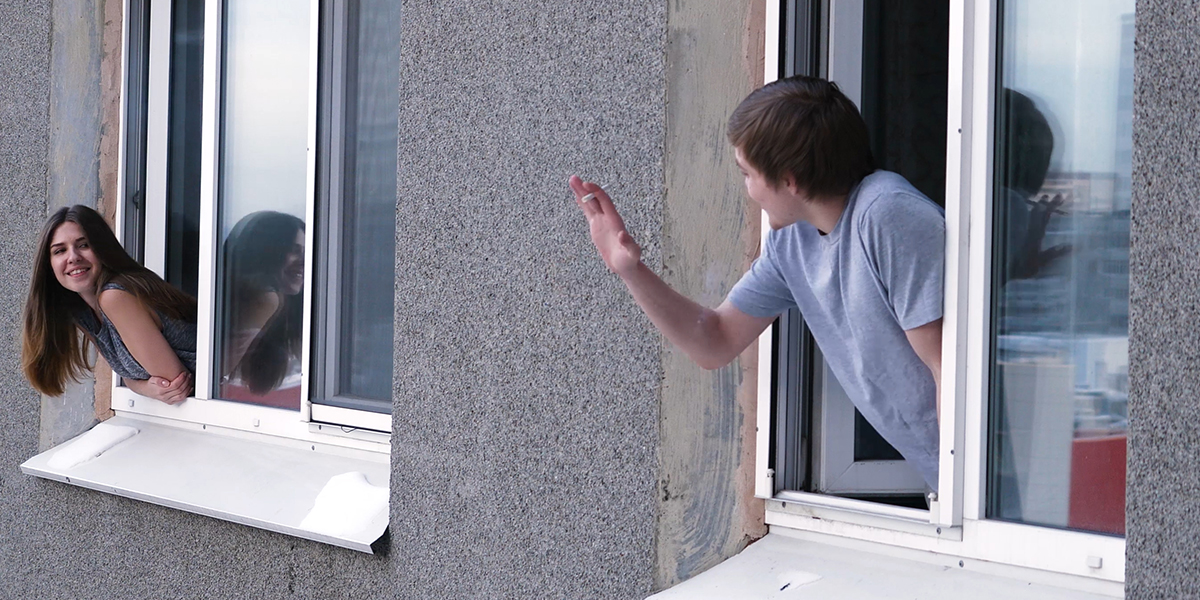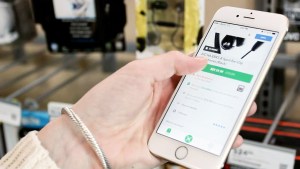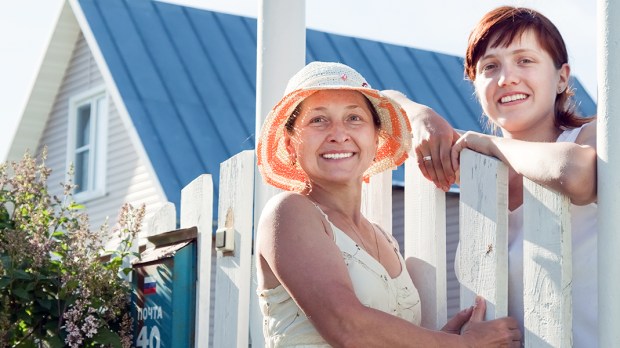The expression “think globally, act locally” has taken another step forward with the creation of smartphone apps that encourage networking and solidarity among neighbors in the same town or city.
For example, maybe you need to hang a picture on the wall but you don’t have a drill. But, buying a tool for this one job seems like an unnecessary expense. What better way to solve the problem than to ask your neighbor to lend you their drill — perhaps in exchange for some other service you can offer them? There’s an app for that.
Or maybe you have sports equipment that you don’t really use, a musical instrument stored in the closet, gardening tools, etc., that you could lend or give away. Or maybe you have children’s clothing that your kids have outgrown, but are still in good shape—or toys, bicycles, roller skates, etc. There’s no reason to let those things rot in the closet or garage — lending or trading them is a way to put into practice a circular economy, which means that products have a longer lifespan and resources are put to better use.

With apps like Listia, Craigslist, or Trash Nothing, we can let people know what we no longer need, and search for what we lack, so these items can go to a good home. The philosophy behind this idea favors responsible consumption and at the same time helps create a sense of community in solidarity. Some apps are connected to previously existing services and websites, such as Craigslist or Freecycle; others are entirely new and only exist as apps.
While in the past, neighbors in the same apartment building or on the same block knew each other and did each other favors, nowadays — especially in urban settings — it’s harder to get to know the people around us. Our schedules are very different, we spend more time indoors, and we often walk right by each other while staring down at our cell phones. Sometimes, there’s simply an atmosphere of distrust and we hesitate to talk to strangers, even if they are strangers we see all the time.
The kind of apps mentioned above are primarily used for doing business, but they can also help us meet new people around us; when we trade services, lend items, or pass on hand-me-downs, it helps us to get to know our neighbors better and even have more dealings with people of different generations.

There are also apps, like Nextdoor, which specifically aim to connect people in the same neighborhood. Some cities and towns even have their own social networking apps to fill these needs. If we’re looking more particularly for local people with similar interests to do things together and form friendships, we can always fall back on apps like Meetup or Bumble BFF.
In some ways, the technological revolution of the internet and devices like smartphones have isolated us from people around us. However, it’s also coming full circle with apps that help us to reconnect with the people around us — sharing items, activities, and services in the real world, and getting out of our shells in a spirit of solidarity and responsibility. All of it helps build better, stronger communities.
Read more:
6 Apps that help moms make local friends

Read more:
3 Sanity-saving apps for working moms

